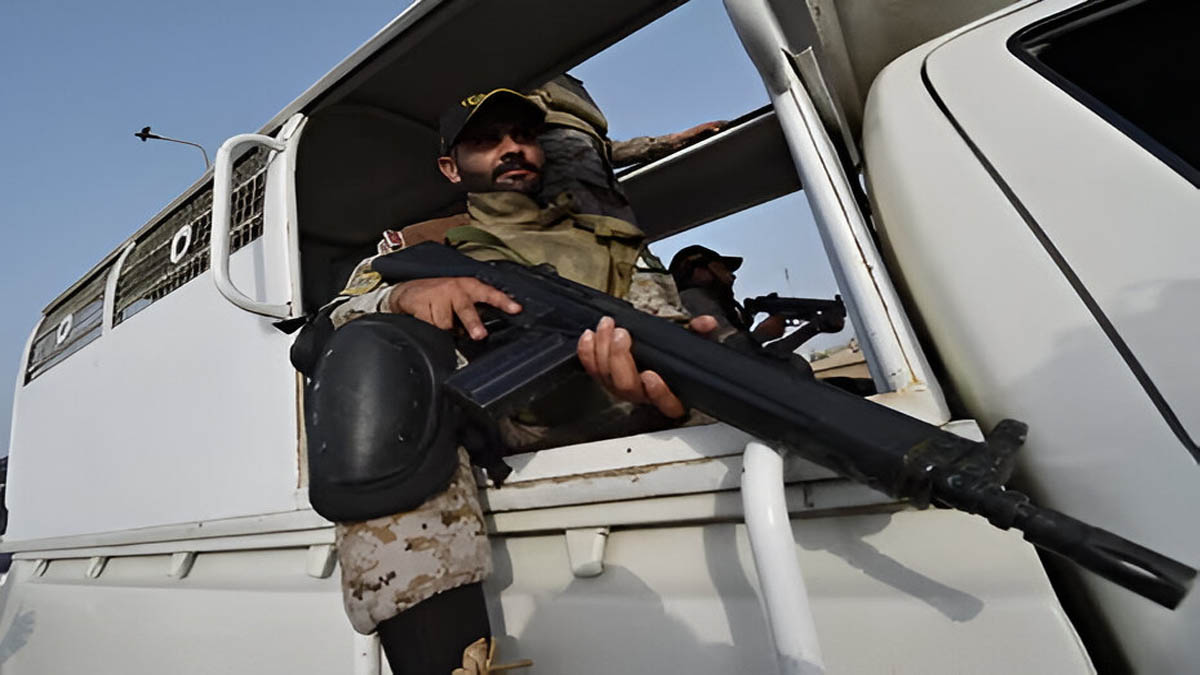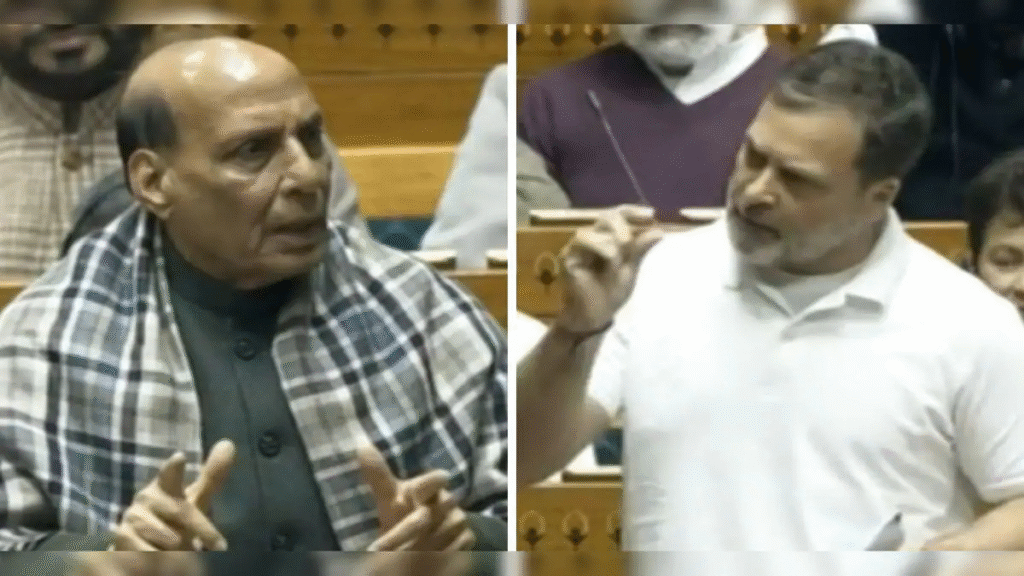Now Reading: Tensions Soar as India Intercepts Missile Aimed at Delhi, Retaliates with Strikes on Pakistani Air Bases
-
01
Tensions Soar as India Intercepts Missile Aimed at Delhi, Retaliates with Strikes on Pakistani Air Bases
Tensions Soar as India Intercepts Missile Aimed at Delhi, Retaliates with Strikes on Pakistani Air Bases

A dramatic escalation in the already strained relations between India and Pakistan unfolded overnight, as sources confirmed that India successfully intercepted a missile targeting the nation’s capital, Delhi. Following this close call, the Indian Air Force (IAF) reportedly launched retaliatory strikes on at least four air bases within Pakistani territory.
The intercepted missile, identified by sources as a long-range projectile, was detected by Indian air defense systems as it approached Delhi. Timely action by the IAF’s air defense units resulted in its successful neutralization before it could reach the city, averting what could have been a catastrophic event. While official statements from the Indian government are still awaited, sources within the defense establishment have confirmed the incident, sending shockwaves across the region.
In a swift and decisive response to this aggression, India launched retaliatory strikes targeting four key air bases inside Pakistan. According to these sources, the air bases at Nur Khan (Rawalpindi), Murid (Chakwal), and Rafiqui (Shorkot) were among those hit by precision strikes from the IAF. The extent of the damage inflicted on these Pakistani military installations is currently being assessed, but initial reports suggest significant impact on infrastructure and assets.
This latest development marks a dangerous peak in the escalating tensions that have gripped the two nuclear-armed neighbors following a deadly terror attack in Pahalgam, Kashmir, last month. India had previously conducted strikes on alleged terror launch pads within Pakistan and Pakistan-occupied Kashmir in response to the attack, which killed 26 people.
Pakistan has yet to officially comment on the missile interception or the reported Indian air strikes. However, sources within Pakistan have indicated that their air defense systems were also activated overnight, suggesting a state of high alert and potential counter-responses. Unconfirmed reports of explosions in several Pakistani cities, including Islamabad and Lahore, are also circulating, further fueling speculation about the scale of the Indian retaliation.
The situation remains highly volatile, with both sides seemingly locked in a dangerous cycle of action and reaction. Security has been significantly heightened across India, particularly in border states and major metropolitan areas. Authorities have urged citizens to remain calm and follow official advisories.
The international community is closely monitoring the unfolding events with grave concern. Calls for de-escalation and dialogue have been issued by several nations and international bodies, emphasizing the urgent need to prevent a further escalation of the conflict between the two nuclear-capable states.
This is a developing story, and further updates are expected as official statements are released by both sides. The implications of these latest actions on regional peace and stability remain a significant concern for the global community.










